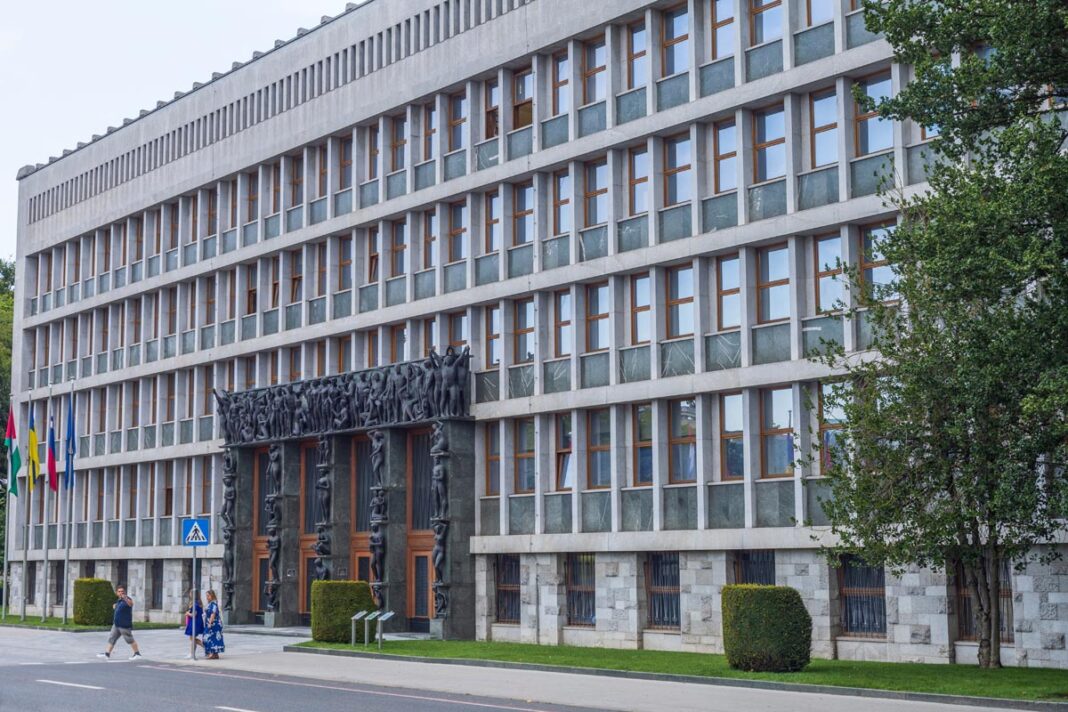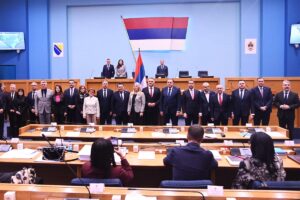The law, backed by a broad cross-party majority, significantly expands police authority in designated “security-risk areas,” enabling photo, video, and audio surveillance when lives or property are deemed at risk. It also allows officers to enter premises or vehicles without a court order to seize firearms when immediate danger is suspected. While the government emphasized that these measures stop short of authorizing house searches, legal experts warn that the new powers may still raise constitutional concerns.
The law also stiffens penalties for violent crime, facilitates temporary asset seizures, and tightens access to certain social benefits—especially for repeat offenders. The coalition insists the reforms target criminal behavior rather than any specific minority group, while opposition parties argue the government acted only after a tragedy that could have been prevented. Despite the controversy, Prime Minister Robert Golob described the legislation as a necessary step toward ensuring public safety and restoring trust in the state’s ability to protect its citizens.







